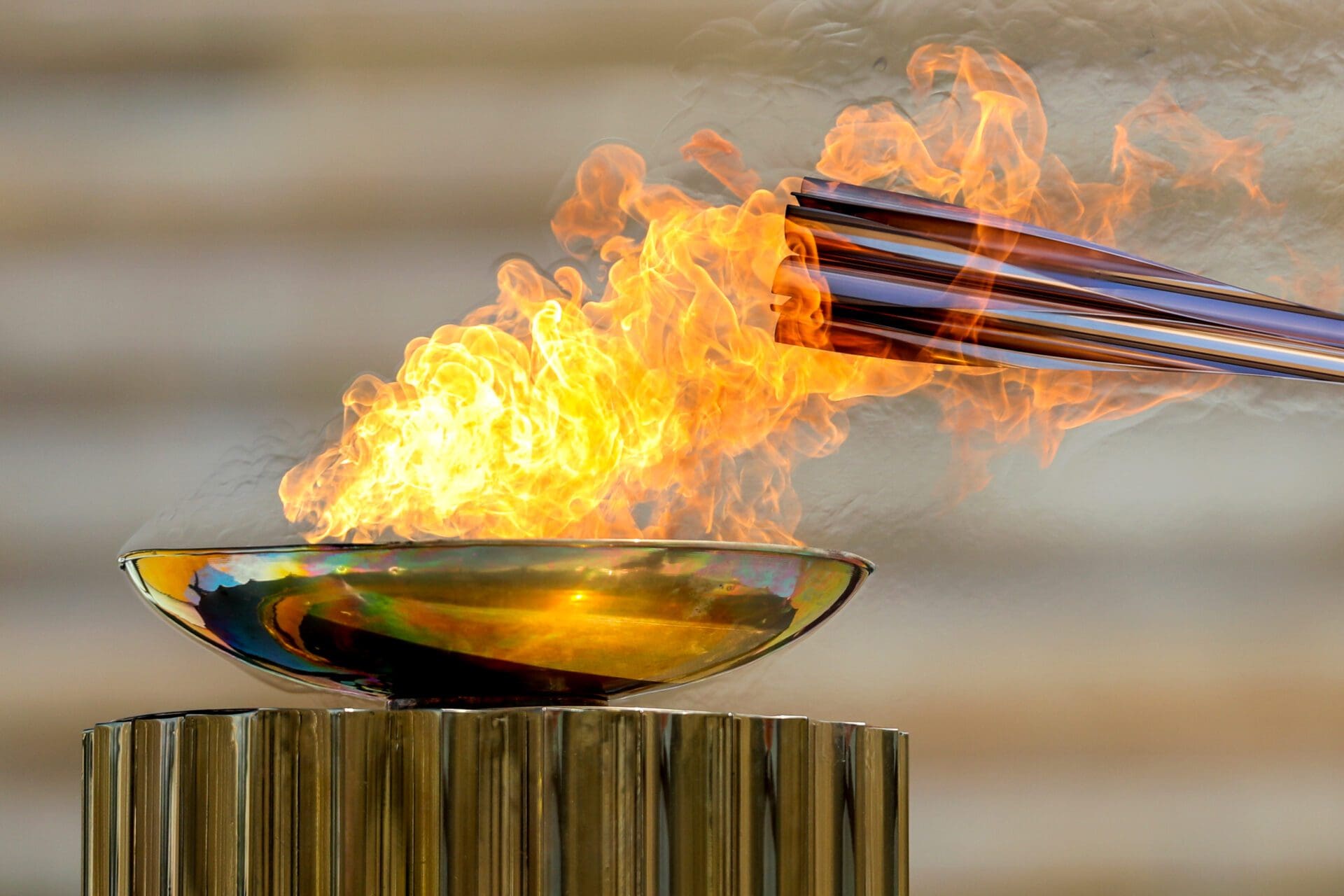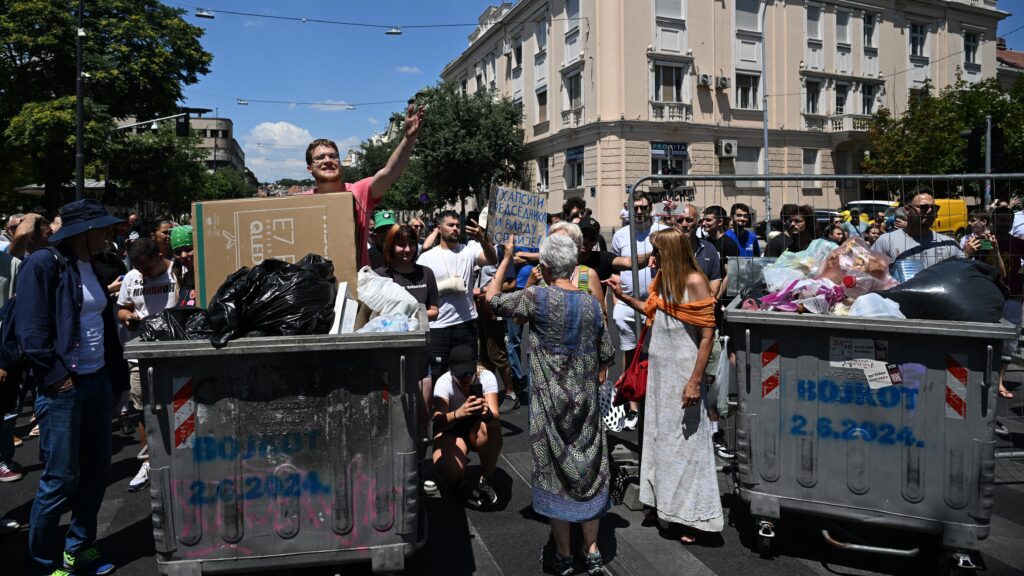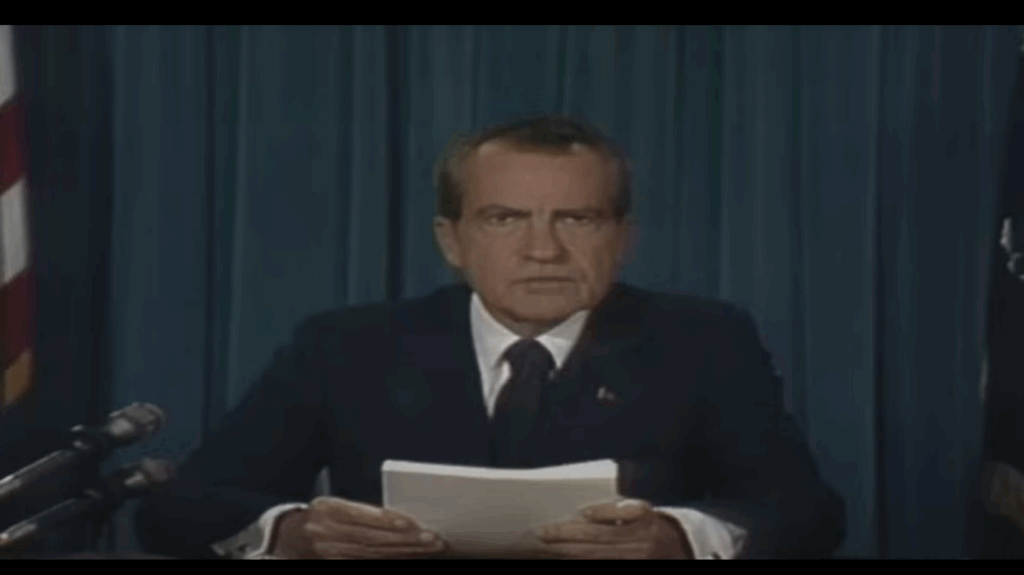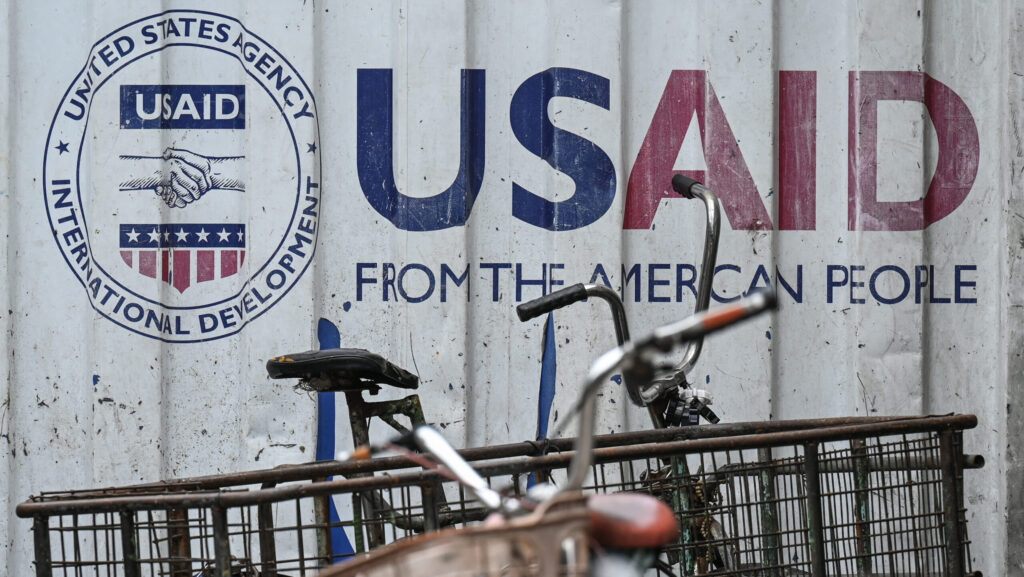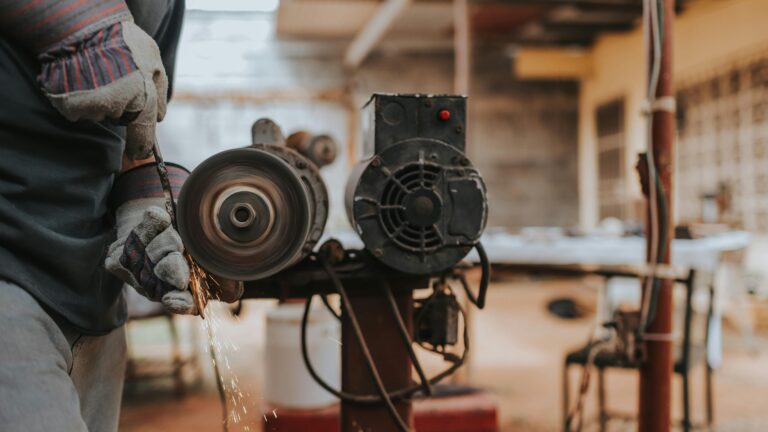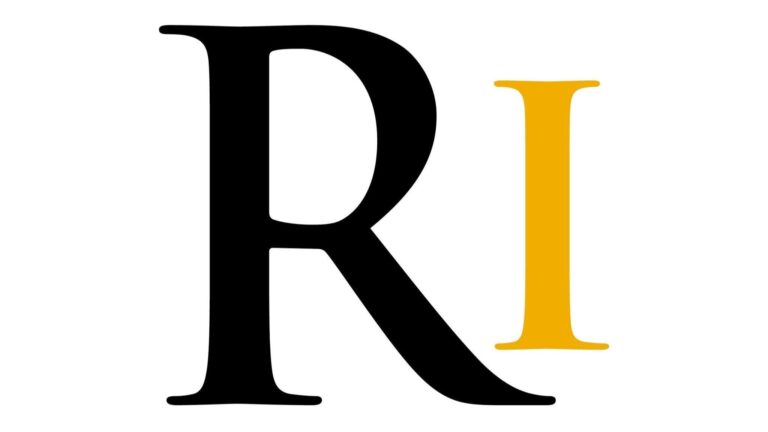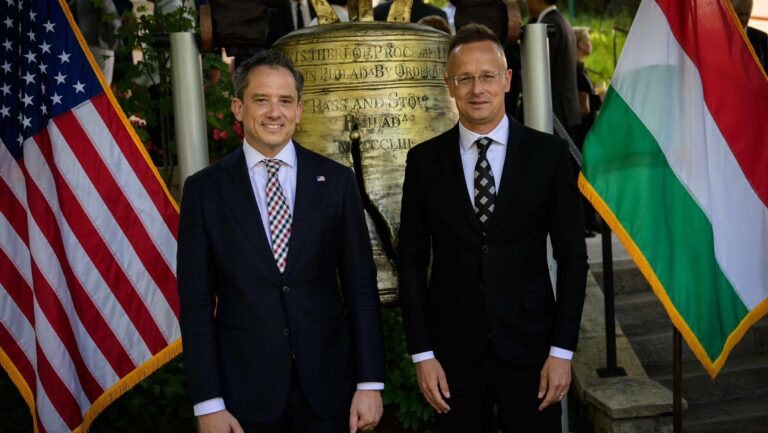The Tokyo 2020 Olympics, held one year later than originally planned, were probably the strangest and the most troubled summer Olympic Games in recent history. After being postponed due to the emerging global Covid pandemic and held under strange circumstances without spectators amidst political tension and the Covid hysteria fuelled by the media, and against the strong headwind of disapproval on the part of the general public, a growing corruption scandal is now further tainting the troubled legacy of the Tokyo Olympics.
As none of the great sporting nations of Central Europe, including Hungary has ever hosted the Olympic Games, the story unfolding in Tokyo teaches a useful lesson about the risks involved in bidding for and hosting the games. Moreover, if the present corruption scandal, which already looks bottomless, further evolves, it can easily jeopardise Sapporo’s bid for the 2030 Winter Games.
The second summer Olympic Games to be organised in Tokyo was meant to be and should have been symbolic just like the first one held in 1964. The 1964, the Tokyo Olympics was the entrée of post-war, modern Japan into the international arena and demonstrated that just shortly after the devastating destruction of the Pacific War, the country reinvented itself and, through fast modernisation, it had become a global economic powerhouse. The first high-speed or bullet train, called shinkansen in Japanese, came into operation for the 1964 Olympics.
It would have been impossible to host the biggest sporting event of all in a full format
The global Covid pandemic was a black swan for Tokyo 2020. While Tokyo was determined until as late as March to host the games according to plans, by the spring it became obvious that even though Japan was able to handle the pandemic with limited disruptions and avoided drastic measures compared to other countries, it would have been impossible to host the biggest sporting event of all in a full format. The decision to postpone the games by a year was made at the end of March. There was speculation, though not corroborated, that the one-year postponement was Abe’s will as he was adamant to be there in the refurbished National Stadium as the leader of Japan to watch as his own pet project, which he had supervised from the beginning, finally takes shape. As an interesting historic parallel it is worth noting that Abe’s grandfather, Kishi Nobusuke, prime minster of Japan between 1957 and 1960, held the premiership when Tokyo won the bid to host the 1964 Olympics. Kishi had to step down before the games in the tumultuous year of 1960, when he pushed through the revision of the US-Japan security treaty.
History repeats itself, and Abe, just like his grandfather, couldn’t be the leader of the country during the Olympic Games. 2020 was a stormy year all over the world, and in Abe’s life, too. Although under his leadership Japan managed the pandemic relatively well with very few deaths despite an aged society, and successfully avoided catastrophic lockdowns and other extremities, he was under such tremendous pressure, especially from the ruthless Tokyo governor Koike Yuriko, seeking her own re-election, that he was forced to step down amidst the raging Covid hysteria.
By the time when the Tokyo 2020 Olympics were held one year later, it was Abe’s long-time ally and second man, the former chief cabinet secretary, Suga Yoshihide in the prime ministerial seat. The Tokyo games were held during one of the waves of the novel coronavirus pandemic, so the Olympic games became the target of hatred and hysteria in the press, among the public and politicians. Thomas Bach, the president of the IOC became the punchbag of the Japanese media. To cite just one very telling example: the Asahi Shimbun, a major daily newspaper and an official Olympic partner, demanded in its editorial the cancellation of the Olympics ‘to save lives’. Suga held out, sticking to one of the two main pledges he had made when elected prime minister: to hold the Games. It proved to be his own political grave as prime minister. Suga decided to hold the Games without spectators, which only angered both camps: those who hated the Olympics and those who supported them. His position as party chief and prime minister became so untenable after the games that he didn’t even run for re-election in September 2021 and was replaced by the present leader, Kishida Fumio.
The Games went smoothly but in an eerie atmosphere
It is to Japan’s credit that it is probably the only country that was able to organise a sporting event of such a large scale in the midst of a global pandemic, with the ensuing travel restrictions and doomed circumstances. The Games went smoothly but in an eerie atmosphere. As a result of a conscious and well-planned strategy for every sport, the host team of Japan delivered an outstanding performance, collecting 58 medals, among them 27 gold. The Japanese were robbed of the chance to celebrate the wins and share the emotions of the Japanese athletes who delivered their best in front of mostly empty stands. Let’s also mention another forgotten result of Tokyo 2020: the revitalisation of the disaster-affected areas in Fukushima brought spectacular results, although unfortunately it was impossible to properly showcase them to the rest of the world.
From the economic point of view, Japan got the worst of both worlds. It bore the burden of all the costs and reaped almost zero direct revenues. The costs of holding the Games ballooned as they normally do in such cases, but the one-year postponement also added significantly to the final bill. The total cost of holding the Games stood at 13.6 billion dollars thanks to cost-saving efforts, as otherwise it would have reached 15.4 billion. But that was still a huge increase compared to the originally planned budget of 7 billion dollars. On the positive side, a huge chunk (80 per cent according to estimates) of the positive economic effects of the Olympics luckily did materialise during running up to the event in the form of construction and its spillover effects. According to the Dai-ichi Life Research Institute, the biggest impact of the games being closed to spectators was the loss of ticket revenue and the positive externalities of consumer spending: transportation, food and beverages, merchandising, and accommodation-related consumption. The loss of ticket revenue equalled 600 million dollars (calculated at the present exchange rate), while the lack of spending by spectators meant a loss of an estimated 9.5 billion dollars.
The most significant revenue for the organising committee came from the domestic sponsors. In that area Tokyo 2020 did an impressive job. Contracting with 68 different local sponsors, the organisers secured 3.1 billion dollars in 2019, almost three times more than any previous summer games.
But it is the domestic sponsors that the recent scandal involves. High profile arrests have already been ordered by prosecutors in what appears to be an ever-expanding bribery scandal.
One person at the centre of the corruption scandal is Takeda Tsunekazu, the former president of the Japanese Olympic Committee (JOC). Takeda has a reputable background. Born into a noble family, he is the third son of Prince Takeda Tsuneyoshi and great-grandson of Emperor Meiji. His family is a famous sporting family—his father was called the ‘Sport Prince’ and was a member of the International Olympic Committee. Tsunekazu, following in his father’s footsteps, was a devoted horse-riding athlete himself competing at two Olympic Games in show jumping and became an active member of the Olympic movement. He became member of the JOC in 1987 and was elected president in 2001. He was the sports director of the 1998 Winter Olympics in Nagano.
The money was channelled through the late Lamine Diack and his family
Takeda resigned from his JOC presidency in 2019, after French authorities launched an investigation a year earlier on suspicion that Tokyo won its candidacy to hold the Games by securing, that is, buying the votes of African members of the IOC. The money was channelled through the late Lamine Diack and his family, one of the most corrupt sports executives in history. Many believe that the move was crucial for the success of the Tokyo bid. Tokyo was a candidate city for the 2016 Games, too was eliminated in the penultimate round of voting and finished behind Madrid and the subsequent winner and later host city, Rio.
The other key culprit in the corruption scandal is a former member of the organising committee, Takahashi Haruyuki, who wielded great influence over selecting the official sponsors of the games and is believed to have received cash in the amount of close to two hundred million yen from Olympic sponsor companies. He has already been served a fourth arrest warrant by the prosecutors. Takahashi, a former senior managing director at Dentsu, Japan’s largest advertising agency, has historically intimate ties to the ruling Liberal Democratic Party. The mutually beneficial relationship between Dentsu and the LDP goes back decades, with the LDP having paid generous amounts (according to one analysis a hundred million yen between 2000 and 2018) to Dentsu, while the latter apparently gave lavish donations to the election campaigns of the LDP and its candidates.
The companies involved in the bribery scandals include the AOKI Holdings, a major men’s fashion and business suit retailer chain; the publishing house Kadokawa, stuffed toy producer Sun Arrow, Daiko Advertising, and a major advertising agency, ADK Holdings. We should not be surprised if further names also pop up in the allegations.
As the scandal evolves, it has become clear that the core actors in the bribery scheme is a network of close friends, graduates of the famous Keio university, who have often known each other since kindergarten. Takeda’s brother, and the former managing director of Kadokawa, who is also under arrest, and the vice chairman, whose house was searched, are also graduates of Keio University. Of course, Keio University, one of the most prestigious higher institutions in Japan, has nothing to do with the bribery case. It is there that decades-long relationships formed, with a network of university alumni that played a central role in the case. Takahashi, who’s three years his senior, has known Takeda since he was eight years old. That means Takahashi was Takeda’s ‘sempai’, or senior, which has a deep significance in Japanese society. According to stories that appeared in the Japanese press, even when Takeda was formally the boss of Takahashi at the organising committee, he treated Takahashi as his senior, and only sat down at meetings when signalled to do so by Takahashi, who called him by his nickname ‘Kazu’. It is believed that Takeda acted as an intermediary between Takahashi and sponsor companies involved in bribery cases. Takeda has been summoned for questioning by the prosecutors almost every day lately, and the big question now is whether he will be arrested soon or not.
Prosecutors have also interviewed Mori Yoshiro, former chief of the Tokyo Olympics organising committee, three times in connection with the bribery scandal. He is not a suspect in the case, but it has been revealed that Mori was present with Takahashi at separate meetings with the former head of Aoki and the Kadokawa chairman. According to internal documents of the organising committee obtained by the prosecutors, Mori, as the chief of the organising committee, was involved in the selection process of sponsors and numerous documents had an ‘MOK’ note on it, meaning ‘Mori OK’d it’.
It is assumed that Takahashi’s bribery of two hundred million yen was possible only because of the prestige of Mr Mori and Mr Takeda.
Even if it is unlikely that Mori will ever be officially accused, being a former prime minister and heavyweight of the governing LDP, even though now due to his age (85) and ailing health he is no longer active in politics. He was prime minister between 2000 and 2001, and he is famous for holding the unofficial record of being the most unpopular prime minister in the history of Japan, with his support rate reaching as low as 8 per cent. His tenure as prime minster was marred by internal fighting in the LDP, and he was replaced by a relative outsider, Koizumi Junichiro, who managed to shake up both his party and country.
There is fear the scandal may reach the echelons of politics
With Mori’s name mentioned in connection with the scandal and the role of Dentsu, the advertising and PR company that has served as the unofficial communications department of the governing Liberal Democratic Party over its long decades in nearly continuous power, there is fear the scandal may reach the echelons of politics. It would mean another blow to the current prime minister, Kishida Fumio, who again, just like in the case of the Unification Church scandal, has nothing to do with the wrongdoings, but is in the position to take the punches.
Another headache relates to the current bid by the city of Sapporo in Northern Japan to host the 2030 Winter Olympic Games. Sapporo, a former host of the 1972 Winter Games, is one of the frontrunners in the contest, but it is difficult to foresee how the continuously growing bribery scandal of the 2020 Tokyo Olympics will affect or even jeopardise their efforts.
The corruption scandal not only tarnished the Tokyo Games’ legacy, but it also demonstrates the amount of risk involved in bidding and hosting the Olympic Games. Under normal circumstances, Japan and Tokyo should be praised for having been able to hold the Games under such difficult conditions. Although held without spectators, there were not major glitches at the Games. Corruption and bribery, especially in the selection process, have been a constant problem of the Olympic movement and are not particular to the Tokyo Games, and neither are ballooning costs. Even as most of the world has overcome the Covid shock, other geopolitical risks are now making the holding of the biggest sporting event more difficult than ever before. The ongoing war in Ukraine, the growing tension in East Asia, in particular regarding Taiwan and the US-China standoff, the disrupted supply chains and signs of deglobalisation, a global energy crisis and climate change issues are certain to affect the organising of a large-scale project like the Olympics. The vicissitudes of Tokyo 2020 can serve as a lesson that the old business model, in which almost all risks are born by the host city, is no longer tenable and there might be a need for a more equal partnership between the owner of the Games, the IOC and the host. Such a change might pave the way for Budapest or other Central European capitals to successfully host the Games in the future.

